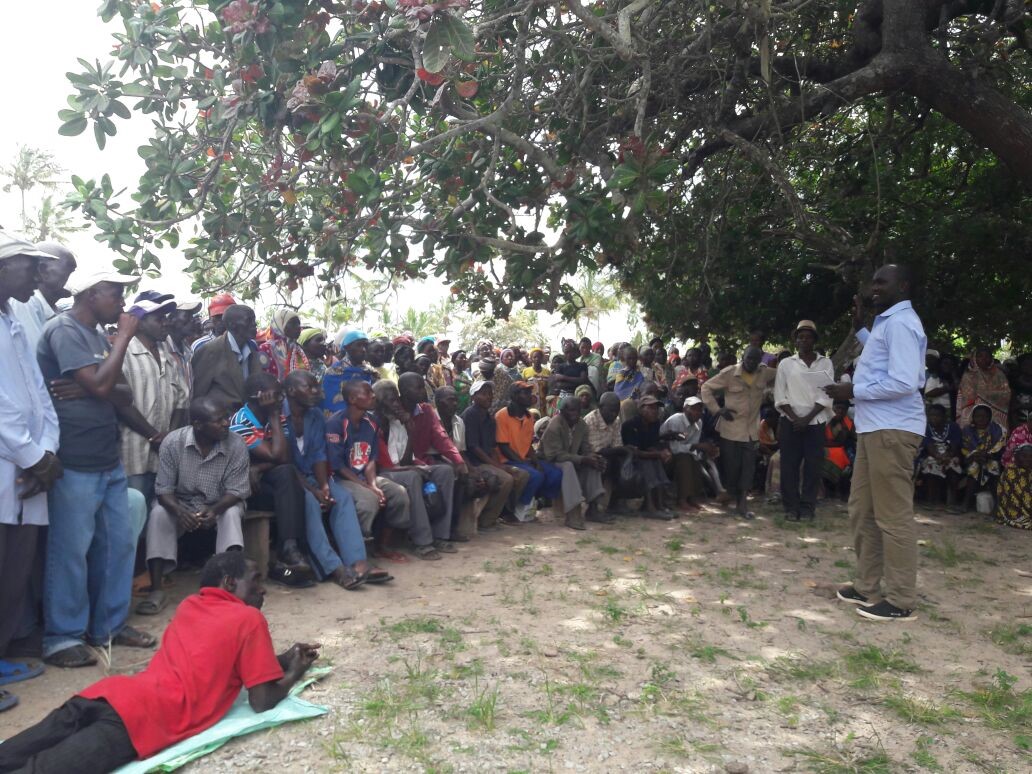Islamic Relief Kenya: 7 tips to boost community participation
The active participation of affected people and communities is a key commitment for Islamic Relief. Their office in Kenya demonstrates this throughout their project cycle. As community participation requires a willingness to encourage those affected by crisis to speak out and influence decisions, IR Kenya emphasises the importance of sharing information, listening carefully to communities and getting them involved in decision-making.


The active participation of affected people and communities is a key commitment for Islamic Relief. Their office in Kenya demonstrates this throughout their project cycle. As community participation requires a willingness to encourage those affected by crisis to speak out and influence decisions, IR Kenya emphasises the importance of sharing information, listening carefully to communities and getting them involved in decision-making.
Subsequently, these measures result in more empowerment and enhance ownership at the community level. IR Kenya learnt that when people have the opportunity to voice their opinions, it enhances their sense of well-being, helps them to be more resilient, and take a more active role in their own recovery.

Some of the improvements that IR Kenya introduced include:
- Information sheets and boards for all projects, which provide a snapshot summary including information on funding, objectives and the various stakeholders. The information sheets are translated into local languages to strengthen accountability towards affected populations. Overall, the distribution of informational materials helps manage expectations;
- Inception meetings are carried out in the initial project implementation stages involving all relevant stakeholders and community leaders to ensure transparency and provide an opportunity to discuss expectations and concerns;
- Community awareness meetings are held at the community level to further explain the project, focusing on selection criteria, IR and its values, entitlements, provision of feedback mechanisms, who funds the project and how the project will be implemented.
- Post-distribution monitoring is conducted for all relevant projects to understand communities’ satisfaction level with the process, quality and effectiveness of the intervention.
- A feedback mechanism has been put in place in all field areas. Information about dedicated phone lines and email addresses are advertised on all information sheets and boards and are also displayed at IR’s offices. A Monitoring and Evaluation Assistant has been recruited, who is based in Nairobi and in charge of recording the various complaints. In addition, feedback focal persons have been appointed in all field offices.
- Entitlements to food and non-food items are indicated on vouchers, and bags are given directly to each respective individual. Staff carry out checks of the food packs to ensure that quality and quantity is ensured and maintained.
- Improvements have been made in terms of the timeliness of project delivery, as the stakeholders are now included to provide technical support to IR Kenya.
For more information, please get in touch with Andrew.Chemoiywo@islamic-relief.or.ke (MEAL In charge, Programmes)
